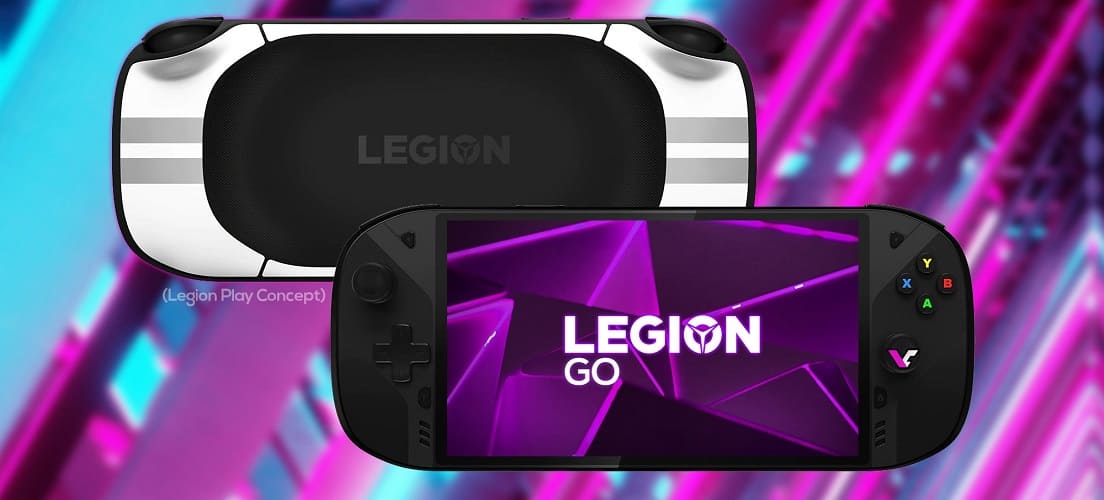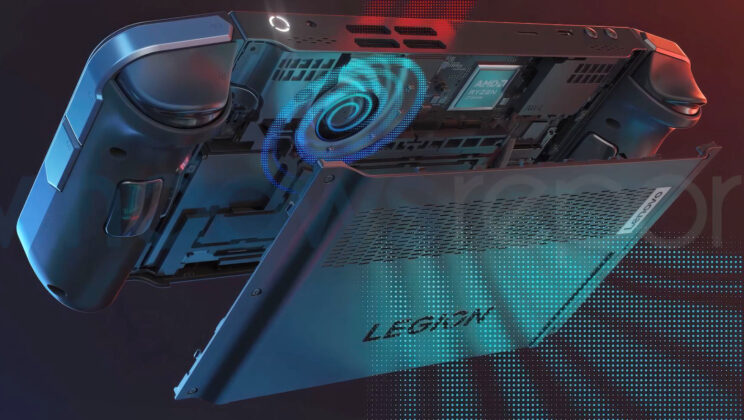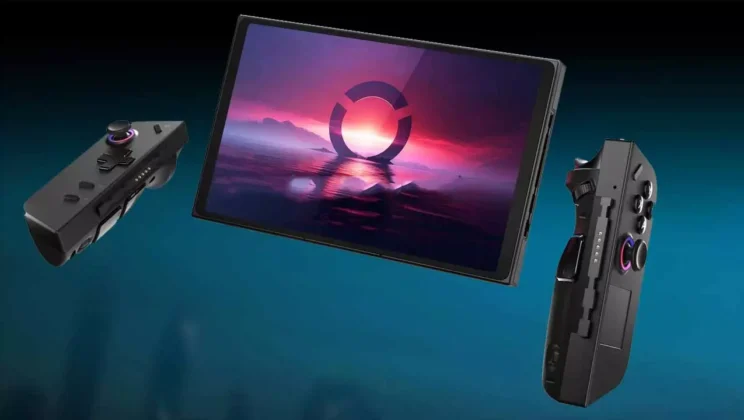With the sudden boom in the handheld gaming console market, the return to glory for these once-beloved devices is undeniable. The Nintendo Switch’s introduction in 2018 marked a revival, and Valve’s Steam Deck further fueled the fire, proving there’s still a hunger for portable gaming powerhouses. Now, according to various sources, Lenovo is joining the fray with its Legion Go, a Windows-based handheld gaming device.
Why Legion Go?
While Sony’s PSP once dominated this segment, newer entrants like ASUS ROG Ally have shown that there’s still a significant audience craving gaming on the go. Lenovo, well-known for its innovative tech, aims to capitalize on this with the Legion Go. Falling under their popular ‘Legion’ brand for gamers, it promises to combine performance with portability.
Key Features:
- Windows 11 Base: Lenovo ensures maximum game compatibility by running Legion Go on Windows 11. This move ensures that users have access to a vast array of PC games without the constraints of a platform-specific ecosystem.
- AMD’s Phoenix Processor: Perhaps one of its most significant selling points is its choice of CPU. The device will house one of the newest members of AMD’s Phoenix family, tailored for ultra-slim devices like ultrabooks but focused primarily on gaming and AI processes. With AMD Phoenix at its heart, gamers can expect smooth gameplay, efficient AI processing, and graphic-rich experiences.
- Screen Size: Lenovo seems to have an edge with the screen size. While competitors like Steam Deck and ROG Ally have settled for 7-inch displays, the Legion Go plans to up the ante with an 8-inch screen. A larger screen promises better immersion and a more engaging gaming experience.
- History Revisited: For those keenly following Lenovo’s gaming endeavors, this isn’t their first tryst with a handheld gaming device. Back in 2021, rumors floated about the ‘Legion Play’, an Android-based gaming console. Although it never saw the light of day, its vision resonates with current products like the Logitech G Cloud and Razer Edge.
The Competition and Market Dynamics
ASUS ROG Ally’s launch in May has shown strong potential, given its high-performance specs and higher resolution screen running on Windows. Additionally, Steam Deck’s success is not just a win for Valve but has also boosted Linux gaming overall, seeing support from game developers and being the preferred platform for recent launches like Ratchet and Clank: Rift Apart.
With such strong competitors, Lenovo’s Legion Go needs to differentiate itself. The market situation has changed dramatically since the days of the ‘Legion Play’, with handheld gaming devices becoming one of the most sought-after segments for gamers eager to try this rejuvenated format.
Will Legion Go See the Light of Day?
While we are awash with details and speculations, the biggest question remains: will Lenovo’s Legion Go ever be released? It’s a question even industry insiders are grappling with. Given Lenovo’s previous track record with the unreleased ‘Legion Play’, it’s a toss-up.
However, with the gaming community buzzing and competitors showing promising sales and user engagement, Lenovo might not want to miss out on this lucrative segment.
In Conclusion
The handheld gaming market is undoubtedly bustling with excitement. With giants like ASUS, Valve, and possibly Sony entering the arena, Lenovo’s Legion Go could be the dark horse everyone is eagerly awaiting. Its success, however, will hinge on striking the right balance between power, portability, and price. Until then, the gaming community watches with bated breath, controllers at the ready.




